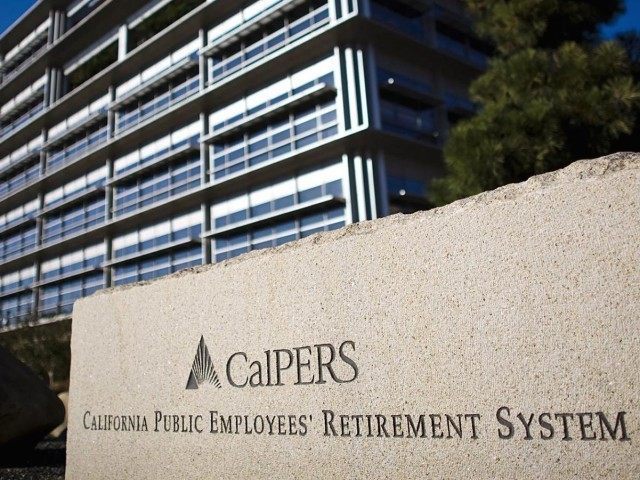A ruling by the California Appeals Court could terminate public employee unions’ claims that public pension spiking creates a legal contract under the “California Rule.” The ruling could overturn up to $250 billion of pension spiking.
The “California Rule” refers to a 1955 decision by the California Supreme Court in Allen v. City of Long Beach. Due to concerns by the City of Long Beach that its public pension plan was becoming insolvent, the city council had amended the city’s charter in 1951 to raise the annual amount public employees were required to contribute toward their retirement from 2 percent to 10 percent of wages.
The move changed the city’s pension from a potentially unlimited amount, based on the salary attached to the retiree’s previous position at the moment pension payments were made, to a fixed pension amount based on the employee’s final salary.
But the California Supreme Court held that Long Beach’s charter amendment unconstitutionally “impaired the contract rights of the employees” who were adversely affected. The Supreme Court stated that an employee’s “vested contractual pension rights” may only be modified prior to retirement if “reasonable” changes that create disadvantage to employees are “accompanied by comparable new advantages.”
Public employee unions interpreted the “California Rule” as an open invitation to spike pension benefits, knowing that even a government entity’s bankruptcy could not reverse a now constitutionally-protected pension increase.
And pension spiking became a bipartisan affair. For decades, Republican politicians have pretended to attack public employee pension spiking, believing that their own spiked public employee pensions, in jurisdictions they govern, were constitutionally untouchable.
That explains why the 4,425 government entities in California have a combined unfunded public pension liability of over $1 trillion. To put that number in perspective, California’s total public pension debt burden is estimated by the Stanford Institute for Economic Policy Research “at more than $77,000 per household.”
But on Aug. 17, the California State Appellate Court in San Francisco ruled unanimously in favor of Gov. Jerry Brown’s and the legislature’s 2012 pension reform measure, which indicated that the so-called “California Rule” is not an absolute bar to modifying pension benefits employees believe they are due.
Breitbart News reported that the “California Rule”’s constitutional protection from “impairment of contracts” was first threatened two years ago by federal judge Christopher Klein, who was overseeing the City of Stockton’s bankruptcy. Klein suggested that notwithstanding the “California Rule,” pension benefits could be reduced in a bankruptcy action because “bankruptcy is nothing but the impairment of contracts.”
The Sacramento Bee reported that Klein’s declaration caused tremors in the California Public Employees’ Retirement System (CalPERS), which had claimed that reducing pensions would be illegal because it was a state agency and therefore had “sovereign immunity” from federal interference.
Judge Klein rejected CalPERS’ position. But slashing the massively underfunded Stockton pension liability was never tested, because the city refused to consider reversing pension spikes. Stockton emerged from bankruptcy without cutting pensions.
In the Aug. 17 unanimous Appeals Court ruling, the judges ruled that the “vested right” to a public employee pension “is only to a reasonable pension – not an immutable entitlement to the most optimal formula of calculating the pension.” The decision rejects public employee unions’ challenge to Marin County’s adoption of specific language prohibiting “pension spiking.” The decision could eliminate counting unused sick leave, dressing time, car benefits and potentially dozens of other ancillary payments as “compensation” to spike public pension benefits.
In a comment potentially impacting hundreds of billions of un-funded California public employee pensions, the Appeals Court stated that “the Legislature may, prior to the employee’s retirement, alter the formula, thereby reducing the anticipated pension … so long as the … modifications do not deprive the employee of a reasonable pension.”

COMMENTS
Please let us know if you're having issues with commenting.